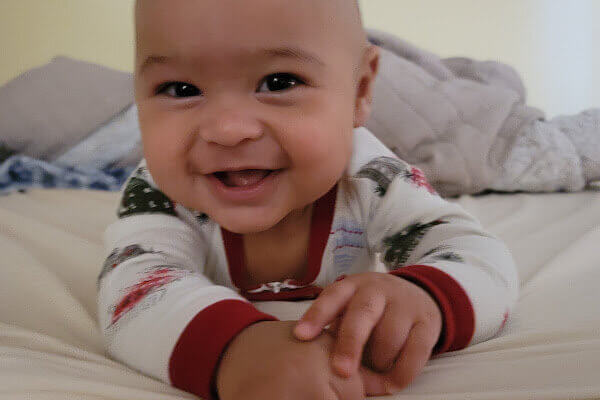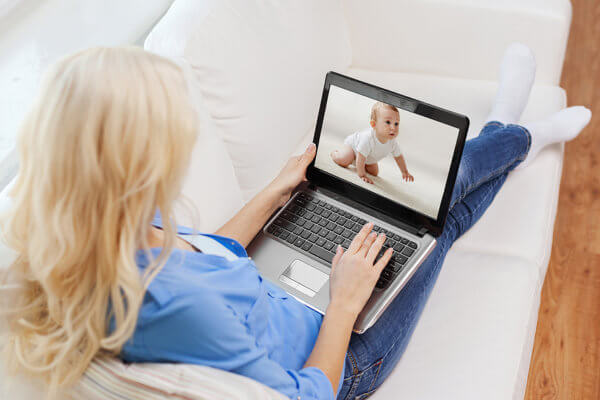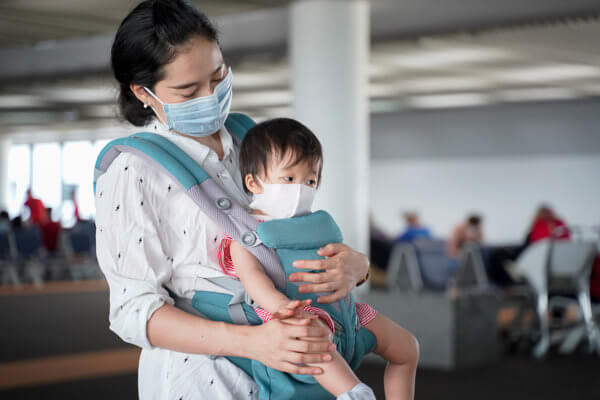If your baby seems to magically fall asleep on her own, consider yourself lucky. While baby sleep training isn’t always necessary, baby sleep problems aren’t uncommon. Don’t worry—it’s not too tough once you get the hang of it. Help your little one snooze soundly.
Here’s the baby sleep training basics you need to know.
Should you try baby sleep training?
Baby sleep training isn’t something every child needs. “Some babies are just natural sleepers—no matter what you do, they sleep great,” says Jodi A. Mindell, Ph.D., a clinical psychologist, associate director of the Sleep Center at the Children’s Hospital of Philadelphia and author of Sleeping Through the Night. “However, about 25 to 30 percent of parents in the U.S. report that their child has a sleep problem.”
What does having a “sleep problem” mean, exactly? “The most common issues that parents face are night waking and naptime problems,” says Mindell. Consider that between the ages of 3 and 12 months, babies need about 14 hours of sleep every 24 hours—between 2 and 4 1/2 hours of daytime sleep, and 8 1/2 to 10 hours at night. (Newborns need about 16 hours total.)
If your little one is having a hard time falling and staying asleep—either for naps or at night—there’s a good chance she’s not getting enough rest, and you might want to try baby sleep training.
Why baby sleep training matters
When babies don’t get the sleep they need, it can lead to all sorts of issues. “Good-quality and sufficient sleep is essential for normal growth and development,” says Lewis J. Kass, MD, a pediatric pulmonologist and sleep medicine physician in Westchester, N.Y. Indeed, studies find that a lack of sleep can put babies at risk for cognitive and behavioral problems and even childhood obesity.
Without baby sleep training, parents can suffer as well, with increased risks for conditions like maternal depression. “More than one marriage has been saved with the onset of a sleeping baby—parents feel better about themselves, are able to function better when the baby is sleeping and simply enjoy their children more,” adds Mindell. “Happier and better parents make for happier babies.”




